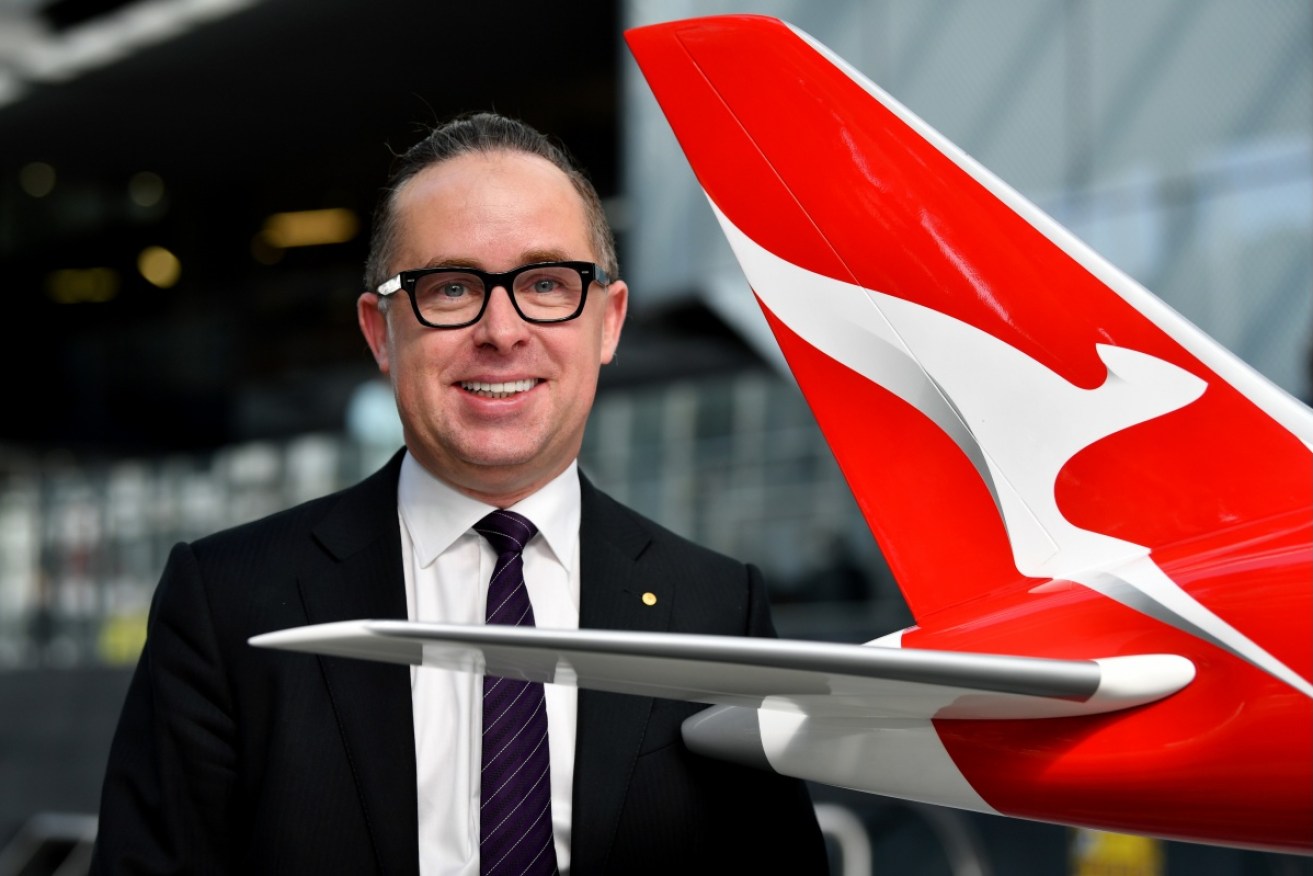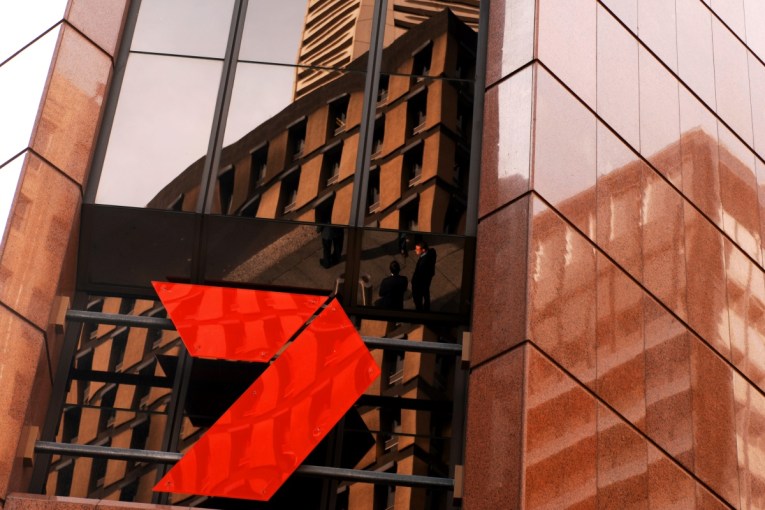Qantas boss Alan Joyce defends $24m pay, while slamming airport monopolies


Alan Joyce has said workers will need to take annual leave as the airline grounds planes in response to the coronavirus. Photo: Getty Photo: AAP
Qantas chief executive Alan Joyce has defended his mammoth annual salary, saying it is determined by the airline’s shareholders.
“My salary was determined by our shareholders and … by the way, that information is now over two years old. My salary has come down quite significantly since then,” Mr Joyce told the National Press Club in Canberra on Wednesday.
On Tuesday, it was revealed Mr Joyce earned nearly $24 million in 2018 – a figure that made him Australia’s highest flying executive, with an annual pay of more than 270 times the national average wage.
It came after a year in which Qantas turned in a record $1.6 billion profit.
“The Qantas share price went from $1 to $6. That’s because our market cap went from just over $2 billion to $10 billion,” Mr Joyce said.
“And our shareholders did exceptionally well out of it.
“Because the shareholders want the CEO and the management to be incentivised to actually turn the company around. And it was, I think, the biggest turnaround in corporate Australian history. That’s why that happened.”
The Qantas boss was at the Press Club with Virgin boss Paul Scurrah on Wednesday to argue for changes to airport passenger fees.
The airlines say the charges levied by “monopoly airports” are excessive and damaging to the economy.
“Airports continue to reap super profits because there is no real threat of intervention to moderate their behaviour,” Mr Joyce said.
Cracking down on the airports would “absolutely play a role in allowing us to keep the airfares as low as we possibly can”, he said – although stopping short of guaranteeing lower fares for passengers.
“What I can guarantee and we both can guarantee is that it will put pressure on air prices. It will,” he said.
“I can guarantee, though, if this stays the same way in the airports and there’s no movement, the consumers have no chance of getting it – zero chance.”
The airports have hit back at the airlines, claiming they are acting in their own self-interest rather than the interests of passengers.
Australian Airports Association chief executive Caroline Wilkie said airlines wanted to entrench their own positions and make it harder for competitors.
“In the last year alone, Qantas made more profit than the four major Australian airports combined,” she said.
“Qantas and Virgin want to squeeze competition out of the market to entrench the domestic duopoly and they know that’s exactly what will happen if they turn the screws on airport investment.”
Former Australian Consumer and Competition Commission boss Graeme Samuel is on the side of the airlines, saying changes are needed to stop monopoly behaviour.
On Wednesday, Mr Joyce said Qantas’s profitability was in line with other global airlines, at about 8-9 per cent.
“But the airports in Australia are making margins of over 50 per cent,” he said.
“I know there was a quote today, comparing apples with oranges, that Qantas made more than the big four [airports] put together. Yet, we’re 10 times the size in revenue – if Qantas was making the same margin as the airports, our profitability this year would have been $9 billion.”

Mr Joyce said cracking down on airports’ charges would mean cheaper fares for passengers. Photo: Reuters
One of the changes airlines are arguing for is a new arbitration regime, which would allow disputes with airports to escalate faster.
The Australian Airports Association said this would put investment on hold, making it harder for new airlines to enter the market and challenge the major players.
“Where is the case for additional regulation when the existing dispute mechanisms are hardly ever used?” Melbourne Airport boss Lyell Strambi said.
“It would give the whip hand to incumbent airlines, allowing them to delay investment and reduce competition.”
Mr Joyce said the airports should not be afraid of an independent umpire.
“You would think that where monopoly exists, there would be a straightforward dispute resolution system as a safeguard,” he says.

Airlines claim “monopoly” airports are abusing their powers. Photo: AAP
In May, a Productivity Commission draft report said a change to the arbitration regime “would need to balance the interests of an airline and airport and would not consider the broader public interest”.
“We think it would profoundly change the way in which contracts are negotiated between airports and airlines, disrupt investment and harm the community,” the commission’s report said.
Treasurer Josh Frydenberg is expected to release the Productivity Commission report and the government’s response later this year.
-with AAP









